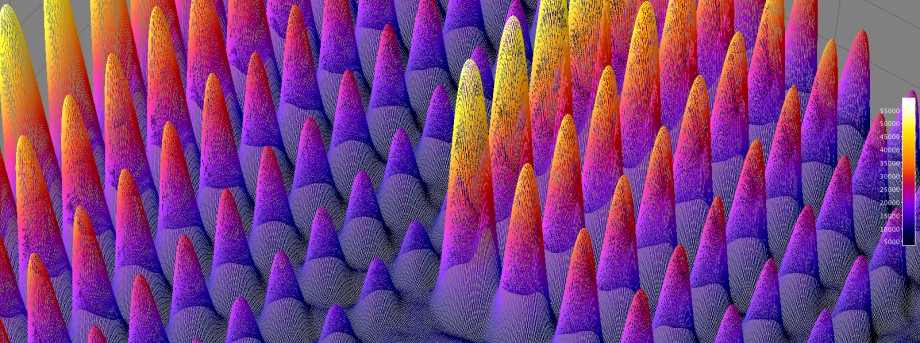The University of Nottingham
 Exchange online
Exchange online
Research Exchange
Research offers new hope for treatment of rare genetic disease

July 23 2014
New research by experts at The University of Nottingham could offer new clues for the treatment of a rare genetic disease.
TRAPS (TNF Receptor Associated Periodic Syndrome) was first identified in Nottingham more than 30 years ago and causes periodic, spontaneous flares of fever, rashes, muscle pains and other symptoms without any other apparent cause.
The new research, published in The European Journal of Immunology, provides the most complete picture to date of the changes that happen inside the cells of TRAPS patients that trigger the attacks of fever and inflammation that occur in the disease.
Dr Lucy Fairclough, of the University’s School of Life Sciences, was among a team of immunology researchers who led the study. She said: “TRAPS has a serious effect on the lives of its sufferers — imagine having symptoms similar to flu, with those symptoms appearing every few weeks and possibly lasting several weeks, and this happens life-long.”
“Fortunately, the research that has led to improved understanding of TRAPS has also led to better therapies for the disease that can greatly improve the quality of life for patients. However, these therapies are treating the consequences of the disease rather than the processes inside cells of the body that are driving the disease. In the latest study we provide the most complete picture to date of the changes that happen inside the cells of TRAPS patients that trigger the attacks of fever and inflammation. This opens new avenues for trying to block these disease-causing processes at their source, with the hope of better therapies for TRAPS.”
TRAPS was first described in a research article published in The Quarterly Journal of Medicine in 1982 by Williamson and colleagues who worked at Nottingham University Hospitals NHS Trust and the University’s Medical School.
At the time, these doctors gave the disease the name ‘Familial Hibernian Fever’ because all patients were members of the same family originating from Ireland (Hibernia being the Roman name for Ireland).
In the late 1990s, it was found that this is a genetic disease affecting what’s called TNF Receptor 1 and the name of the disease was changed to TRAPS in recognition of this fact. It is now known that TRAPS affects thousands of people in many different families around the world.
This latest study, which also involved academics from Mansoura University in Egypt, the German Cancer Research Centre in Heidelberg, Germany, and Nottingham University Hospitals NHS Trust, opens new avenues for trying to block these disease-causing cell changes at their source, with the hope of better therapies for not only for TRAPS but for other diseases of this type.
Tags: Dr Lucy Fairclough, Familial Hibernian Fever, fever, German Cancer Research Centre, immunology, inflammation, Mansoura University, Nottingham University Hospitals NHS Trust, rare genetic disease, School of Life Sciences, The European Journal of Immunology, The Quarterly Journal of Medicine, therapy, TNF Receptor Associated Periodic Syndrome, TRAPS
Leave a Reply
Other News

Top prize for quantum physicist
A University of Nottingham physicist has won a prestigious medal from the Institute of Physics for […]

Zero carbon HOUSE designed and built by students comes home
Design and construct a low cost, zero carbon, family starter home, transport it to Spain, build […]